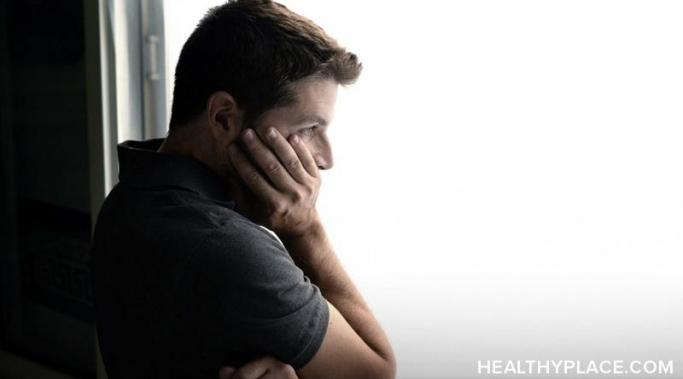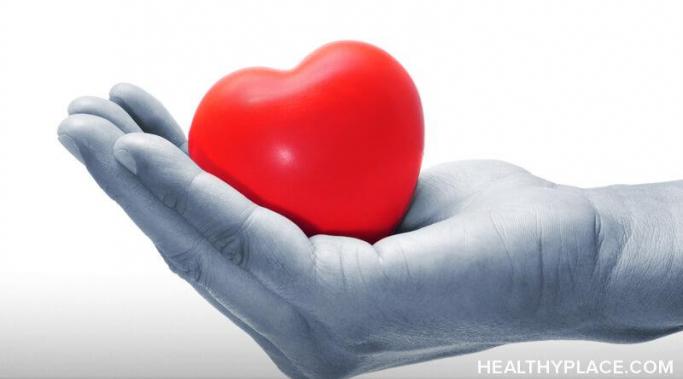Blogs
There’s been much in the way of discussion regarding “toxic” cultural practices, and "toxic positivity,” is receiving its due attention. I couldn’t be happier. A culture of toxic positivity poses an active threat to the wellbeing of anyone who is mentally ill.
Distraction and avoidance are very closely related, but distraction is a much healthier coping mechanism than avoidance. When I'm feeling something particularly distressing, distraction is a healthy way to help get me through that tense, panicked moment. Avoidance, on the other hand, is a less healthy way to survive distress, and it often creates even more emotional turmoil. What's the difference though, and how can distraction help get you through those intense feelings of distress?
I have been struggling to function throughout the day -- from waking up to eating on time, everything seems like an arduous chore. I turned to Google for an answer and it seems like I have something called "low-functioning depression." Now I had heard of the term "high-functioning depression," but never this term. After further browsing, it then dawned on me that low-functioning depression wasn't an anomaly, it just wasn't talked about nearly half as much as high-functioning depression. I wondered how many depressed people must feel inadequate because they are not high-functioning, so I decided to write a post about low-functioning depression.
Speaking openly about mental illness helps, but one thing I know for certain is that ''talking about your feelings'' cannot cure a diagnosable mental illness. To purport this idea is reductive and shows a deep-rooted misunderstanding of the complex physiological roots of psychiatric conditions. However, through supporting my brother in his experiences with anxiety and depression, I have come to appreciate that talking openly about emotions does play an extremely important role in a family where mental illness is present.
If you've quit therapy for mental illness in the past, have you ever asked yourself if it's time to go back to therapy? I've asked that question of myself recently. I've had so much therapy it would make your psychology spin, but I've been out of therapy for about 10 years now. I'm a believer in therapy for everyone, I just thought I was no longer benefitting from it at that time. But are there signs that mean it's time to go back to therapy for mental illness?
Our collective anxiety about the world is skyrocketing. Anxiety disorders are the most common of all mental illnesses worldwide, and the United States is the most anxious nation, with a higher percentage of people diagnosed with anxiety disorders than in any other country. Further, the experience of anxiety in the United States is on the rise, with more...
Posttraumatic stress disorder (PTSD) and intimate relationships don't always go well together. On top of that, dating when you are in your 20s is tough. Finding people to date in real life is next to impossible, and online dating can be a fiasco. If you ask around, you'll find that many people in their 20s know and understand this struggle--myself being one of them. What most people don't understand, however, is how much more difficult dating and forming intimate relationships can be when you're suffering from PTSD.
New experiences can bolster self-esteem. I learned this first-hand this week when I received training on new technology for managing my type 1 diabetes. As exciting as it is to be on the cutting edge, my ancient VCR is still unconnected since my recent move because I can't figure out how to attach it to my new cable box. New technology is challenging for me and I was nervous about going in for my training. I am still a bit anxious today as I continue to learn on the job, so to speak, but every day I see tiny little improvements in my diabetes control, and it keeps me motivated. This new experience is strengthening my self-esteem, bit by bit.
Why is a schedule an important part of coping with anxiety?
This is the story of how I began a lifestyle of kindness. I befriended a homeless family, talked to strangers in the airport, and learned to get out of my comfort zone.









